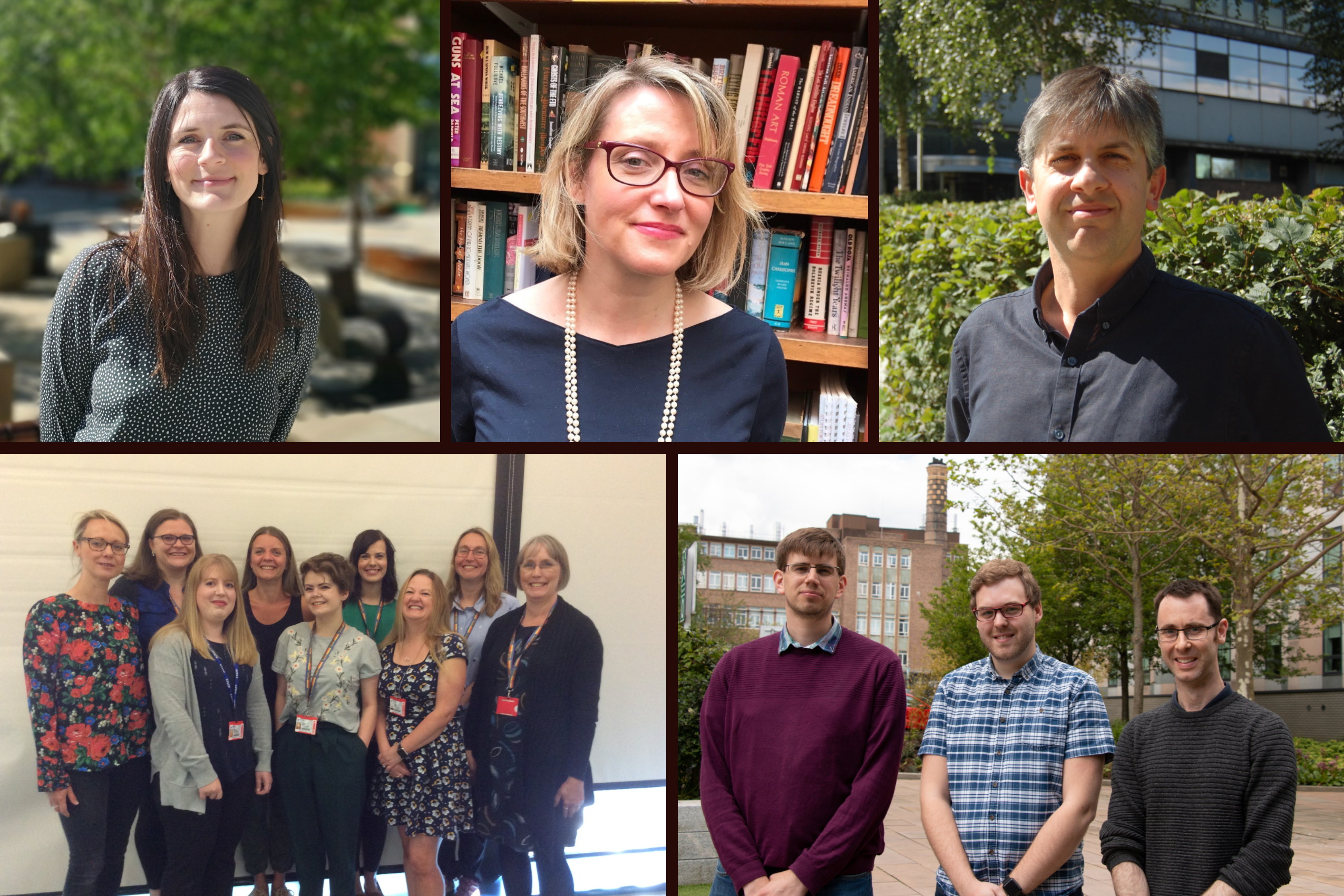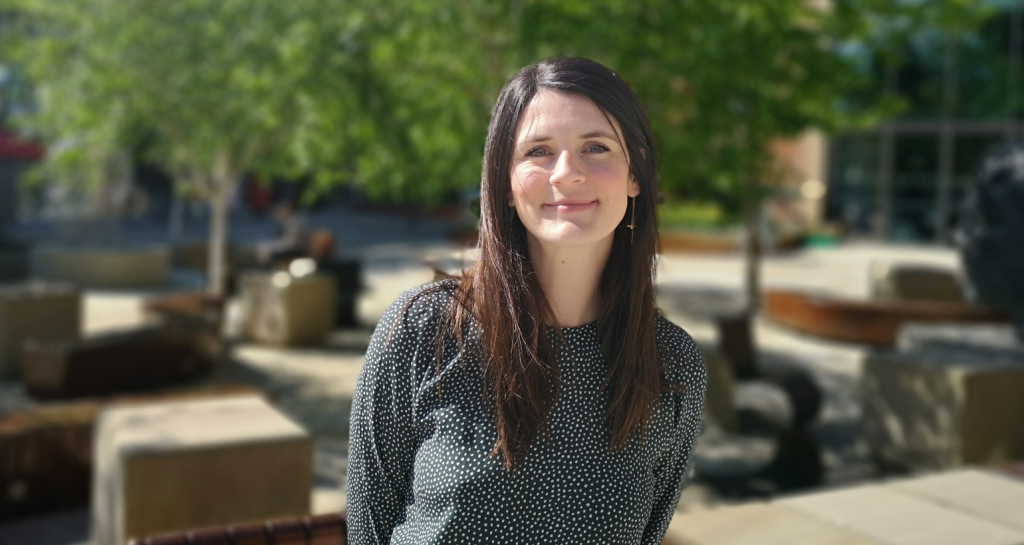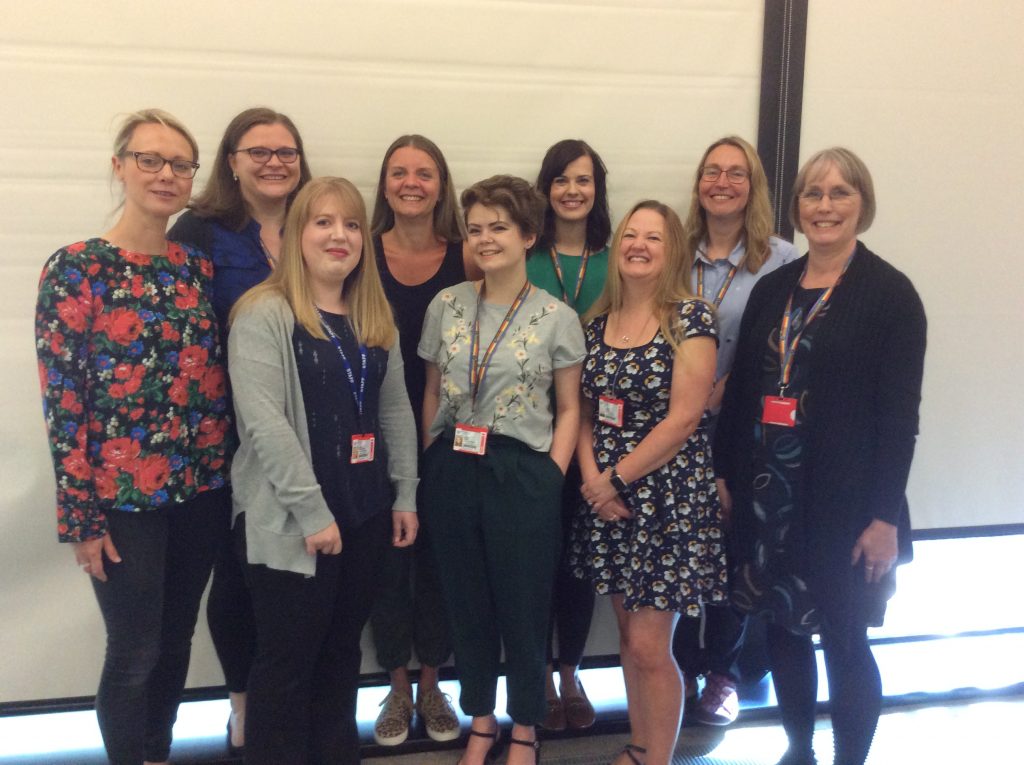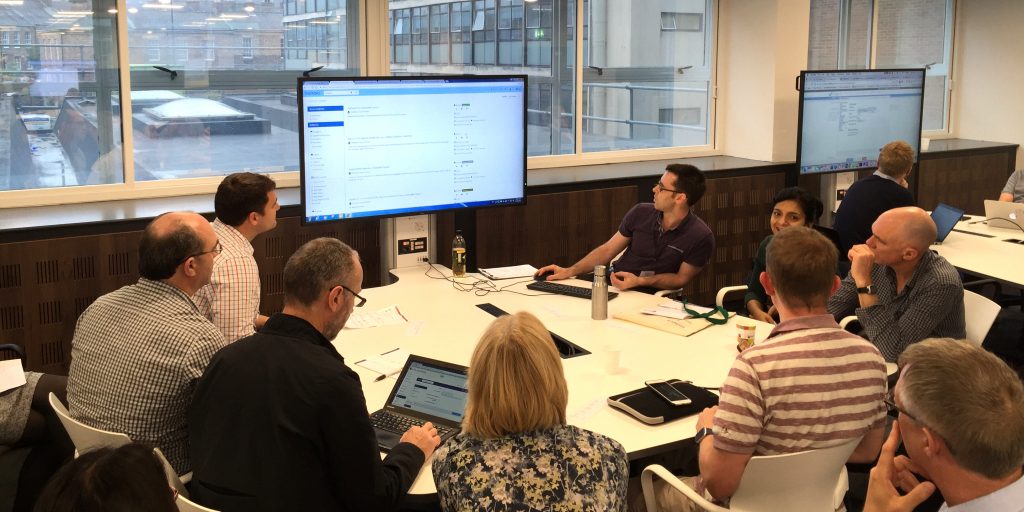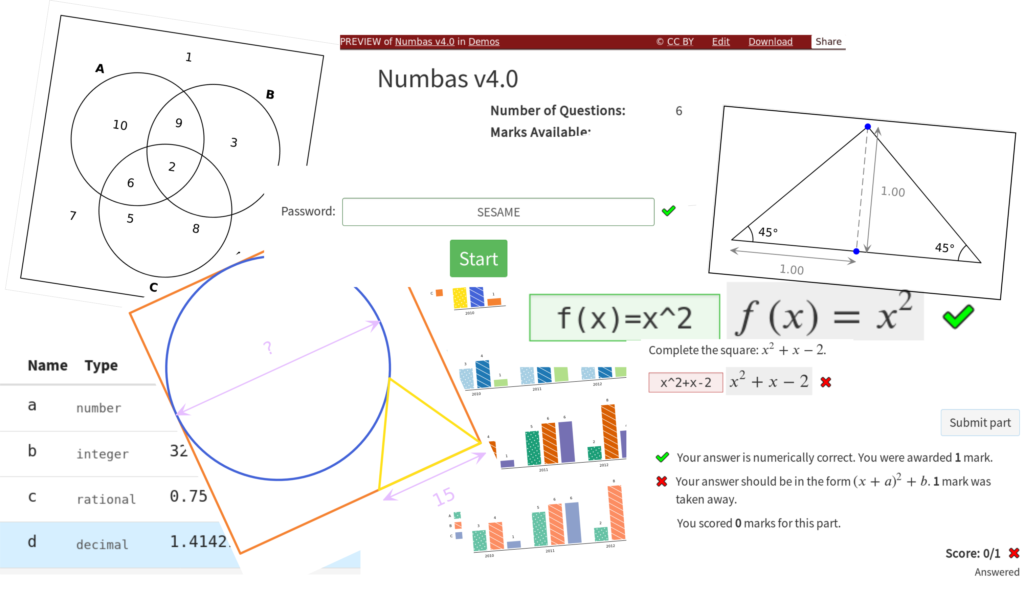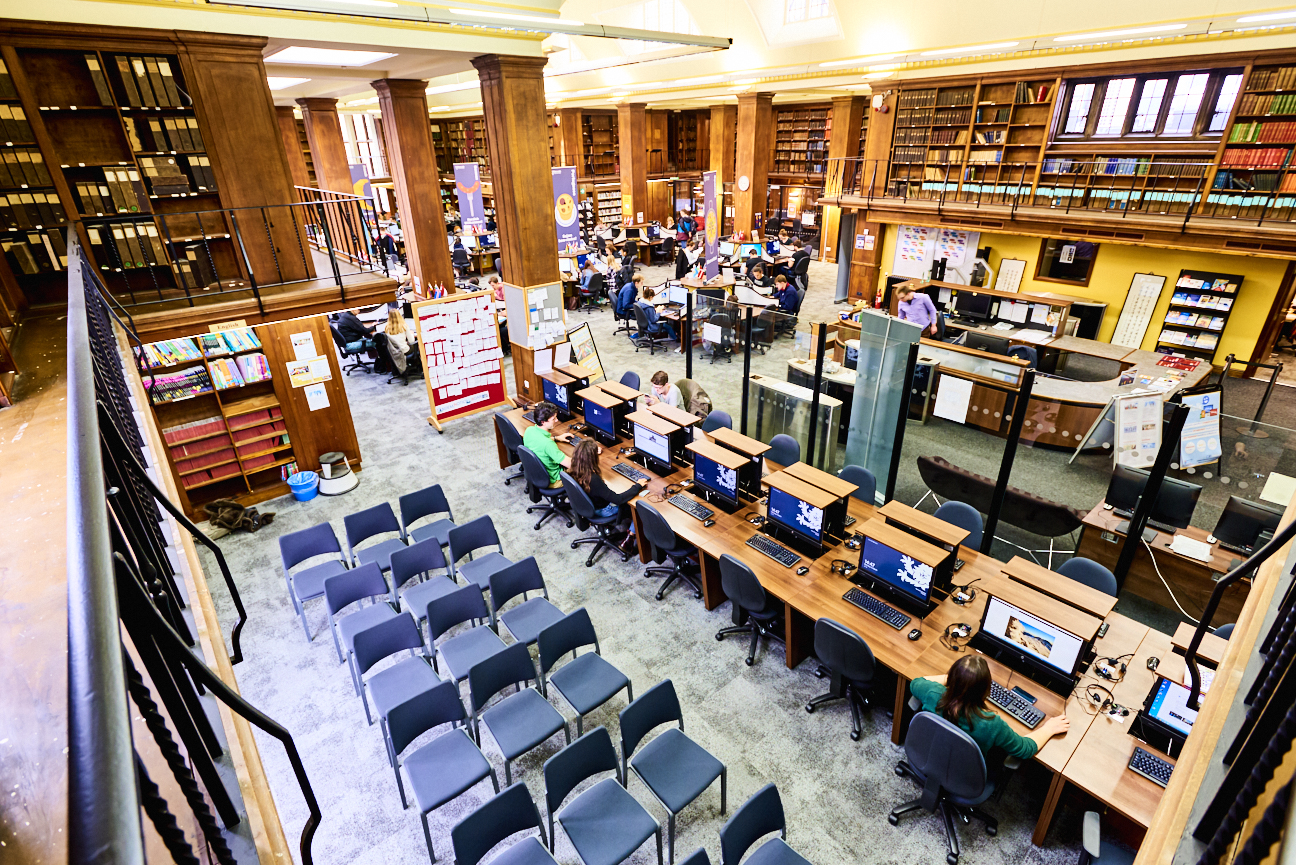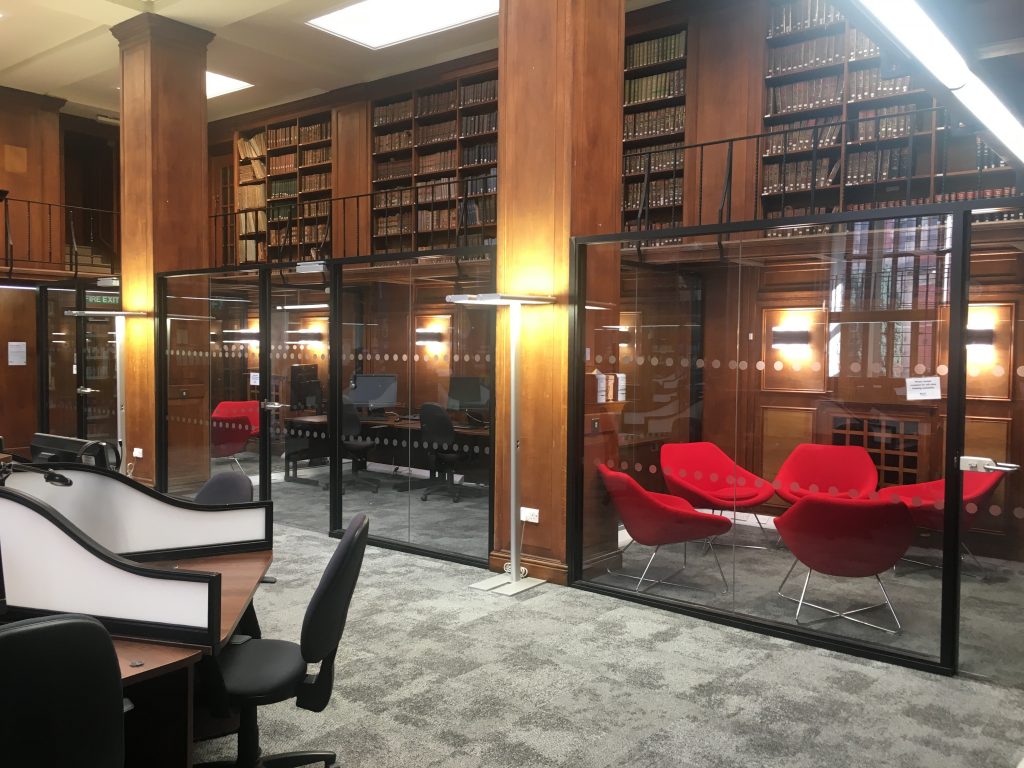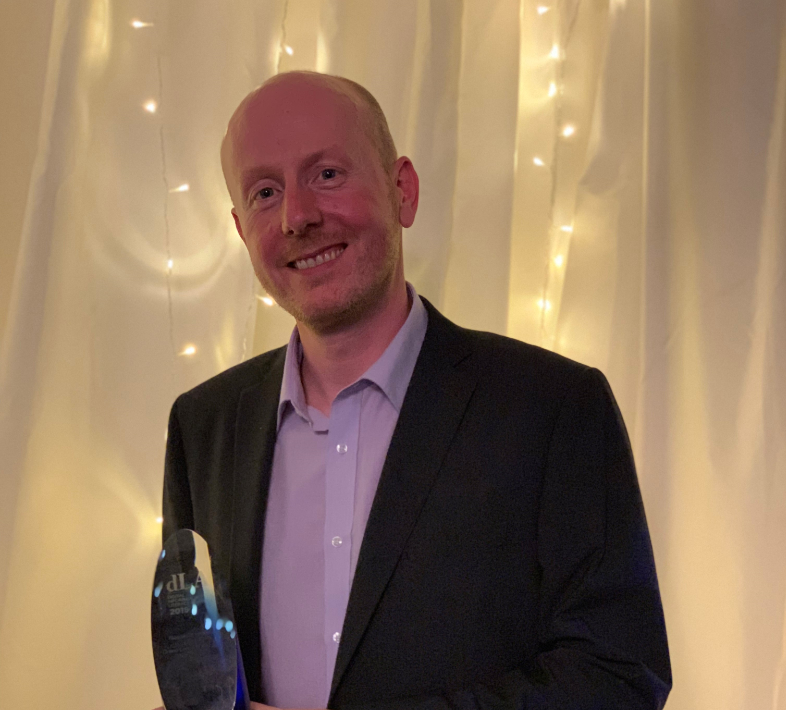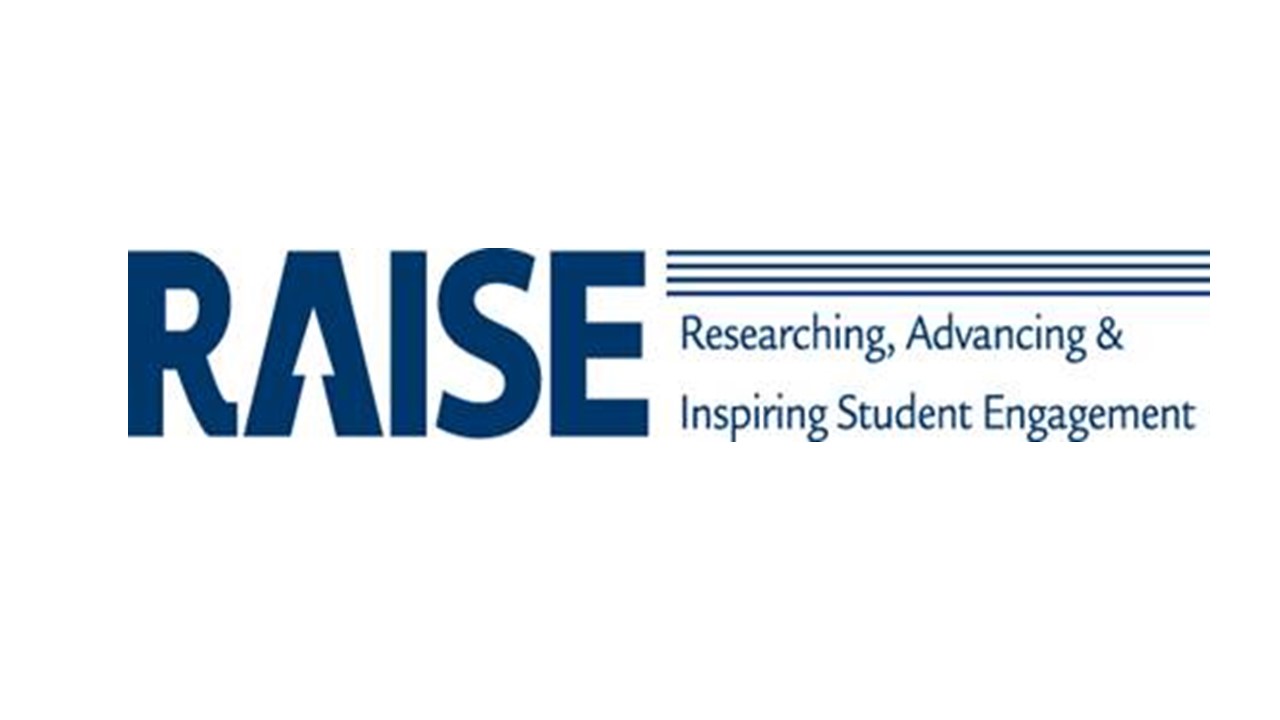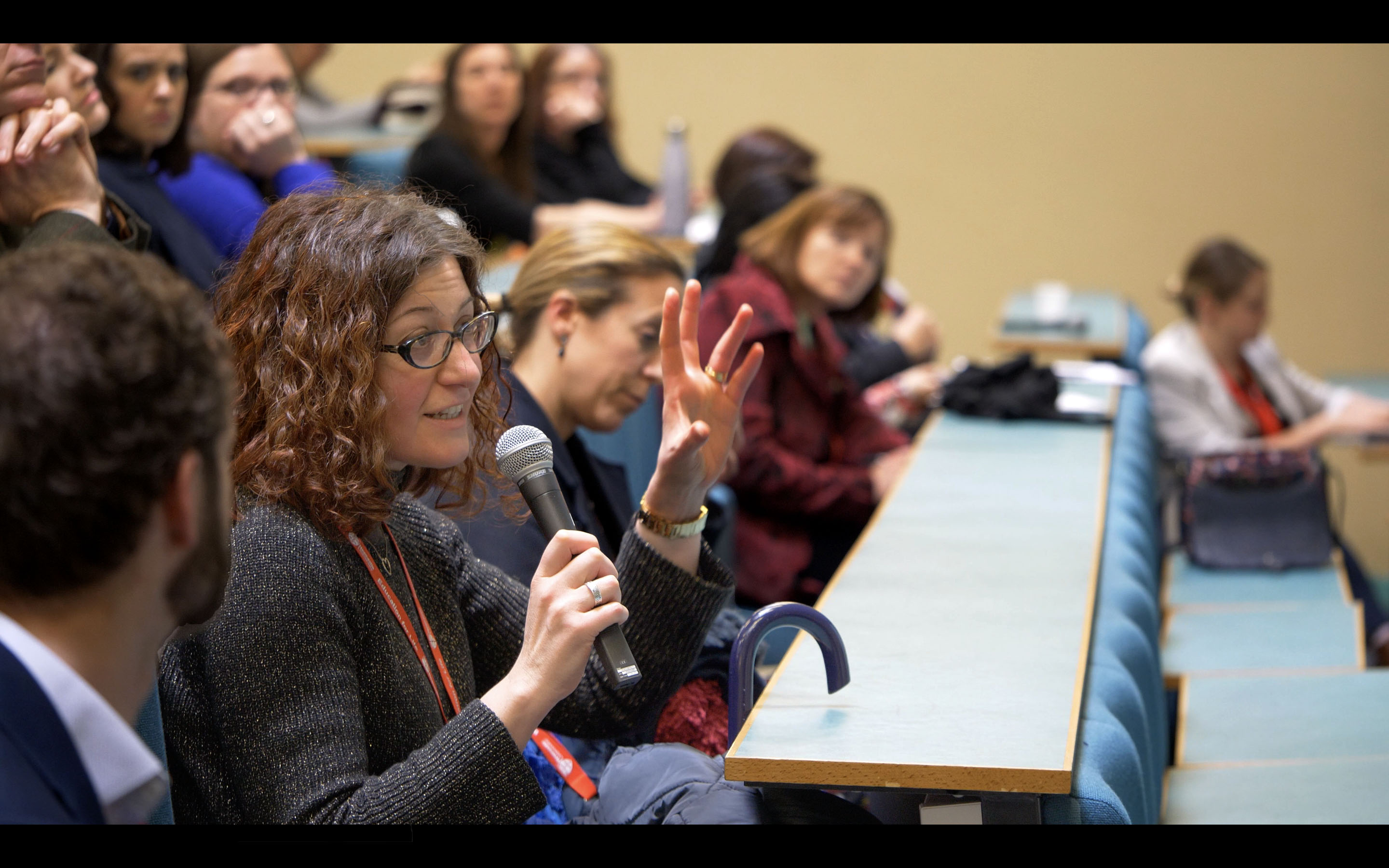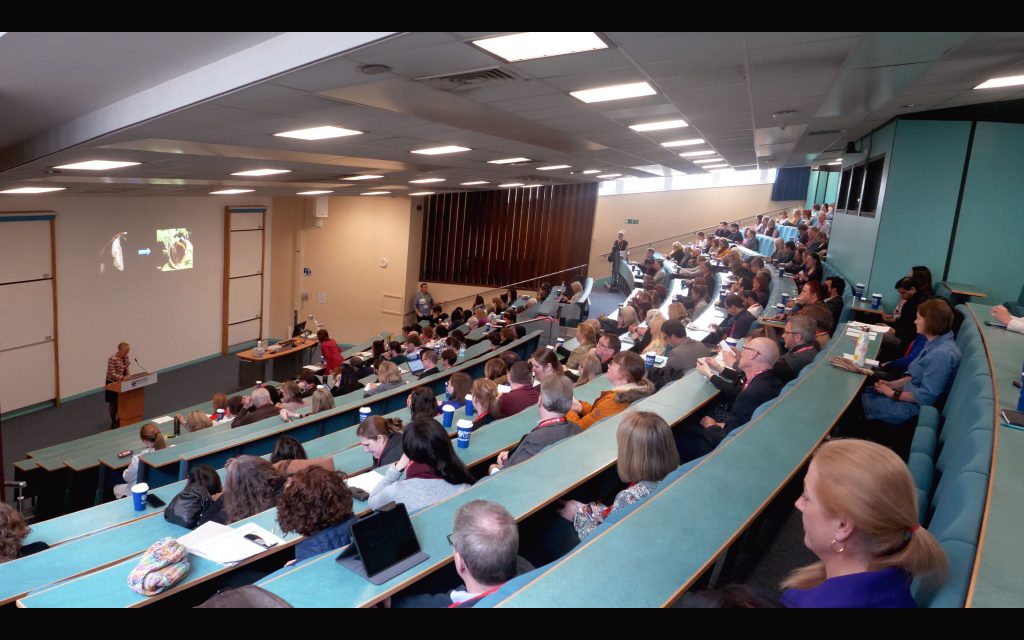Congratulations to this year’s Vice-Chancellor’s Education Excellence Award winners who have demonstrated an exceptional commitment to enhancing our students’ educational experience.
The winning submissions evidenced impact and influence in a number of areas including, approaches to assessment, student representation, addressing gender imbalance in subject areas, student retention and success at a national and international level.
All submissions were considered by a panel chaired by Professor Suzanne Cholerton, Pro-Vice-Chancellor, Education. The high quality of the submissions was noted by the panel.
Professor Cholerton said, “The Vice-Chancellors Education Excellence Award is an opportunity to celebrate the outstanding work from individuals and teams enhancing our student educational experience. Five awards have been made this year out of a very competitive field of nominations. The panel were extremely impressed with the scale of impact, breadth of activity, and the creative approaches to education and educational support taken by all the awardees. ”
2019 Award Winners
Individual Awards
Dr Phil Ansell, School of Mathematics, Statistics and Physics
Dr Kirsten MacLeod, School of English Language, Literature and Linguistics
Dr Luisa Wakeling, School of Dental Sciences
Team Awards
E-Learning Unit, School of Mathematics, Statistics and Physics
Specialist Learning Team, Student Health and Wellbeing Service
Find out more about each of the award winners and what the award means to them below.
Dr Phil Ansell, School of Mathematics, Statistics and Physics
‘I am really pleased to receive the Vice Chancellor’s Education Excellence Award in recognition of the impact that some of my work has had on learning and teaching at Newcastle University. It is of particular pride that projects spanning the entire student journey, from outreach and recruitment to enhancing careers and employability were highlighted as exemplars of good practice by the panel. I look forward to working with students and staff in the future to ensure that we continue to deliver an outstanding and inclusive educational experience for all.’
Dr Kirsten MacLeod, School of English Literature, Language and Linguistics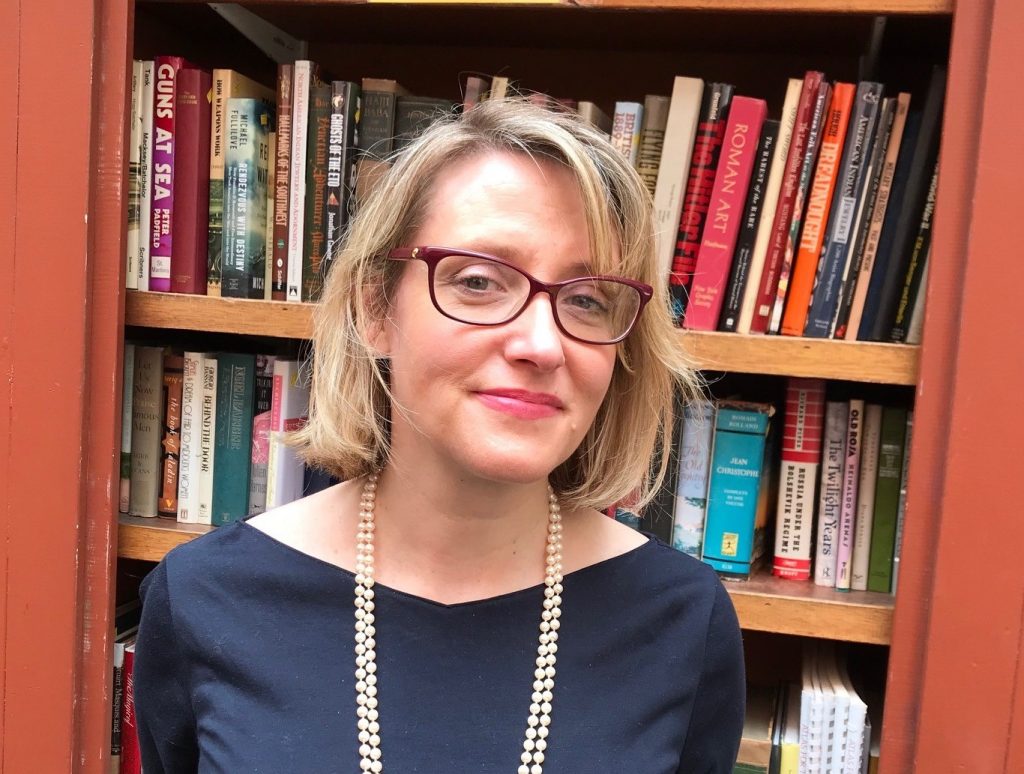
‘It is an honour to receive the Vice Chancellor’s Education Excellence Award in recognition of my aim to foster and promote innovative teaching and assessment practices. I am indebted to and inspired by many creative, committed, and risk-taking colleagues in the School of English Literature, Language and Linguistics, and grateful for the wonderful support offered by a Faculty and University so committed to positive change.’
Dr Luisa Wakeling, School of Dental Sciences
‘Enhancing relevance and value in all activities that students undertake is of great importance to help them flourish beyond the University and achieve their professional goals. I have the privilege to work with amazing students who engage with the University, beyond their curriculum, in representing and enhancing the experience of their peers. The skills they develop through Academic Student Representation will be highly relevant in any workplace. I am thrilled to receive this distinguished award that recognises my work in supporting our students with opportunities to acknowledge and evidence their fantastic extracurricular work for their future.’
E-Learning Unit, School of Mathematics, Statistics and Physics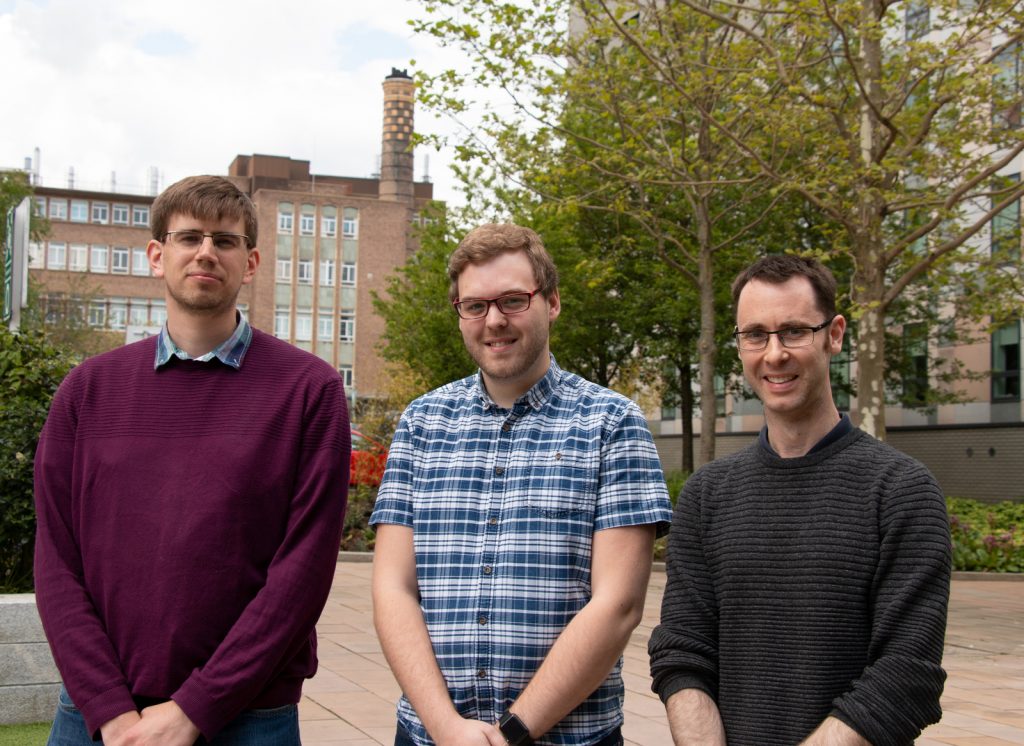
‘We are absolutely delighted to receive the Vice Chancellor’s Education Excellence Award, in recognition of our team’s contribution to supporting student learning in the School of Mathematics, Statistics & Physics and beyond. A solid foundation in mathematics is vital to so many subjects areas, and this award will help us in continuing to build new relationships with colleagues across the University who are involved in the learning, teaching and assessment of mathematical subjects.’
Specialist Learning Team, Student Health and Wellbeing Service
‘It is recognition of the significant support we provide to underpin the learning experience for students with Autism Spectrum Disorders/Aspergers, and confirms our approach to offer holistic programmes of support fits with University’s vision to provide all students with an inclusive student experience.’
All winners will receive their awards at a congregations ceremony in July and will also be recognised at a University Celebrating Success event. The will also receive funding to support future educational activities.
Next year’s Vice-Chancellor’s Education Excellence Awards will open in February 2020 and full details about the application process will be published on the LTDS website.
If you have any questions about the award, please contact LTDS@ncl.ac.uk

